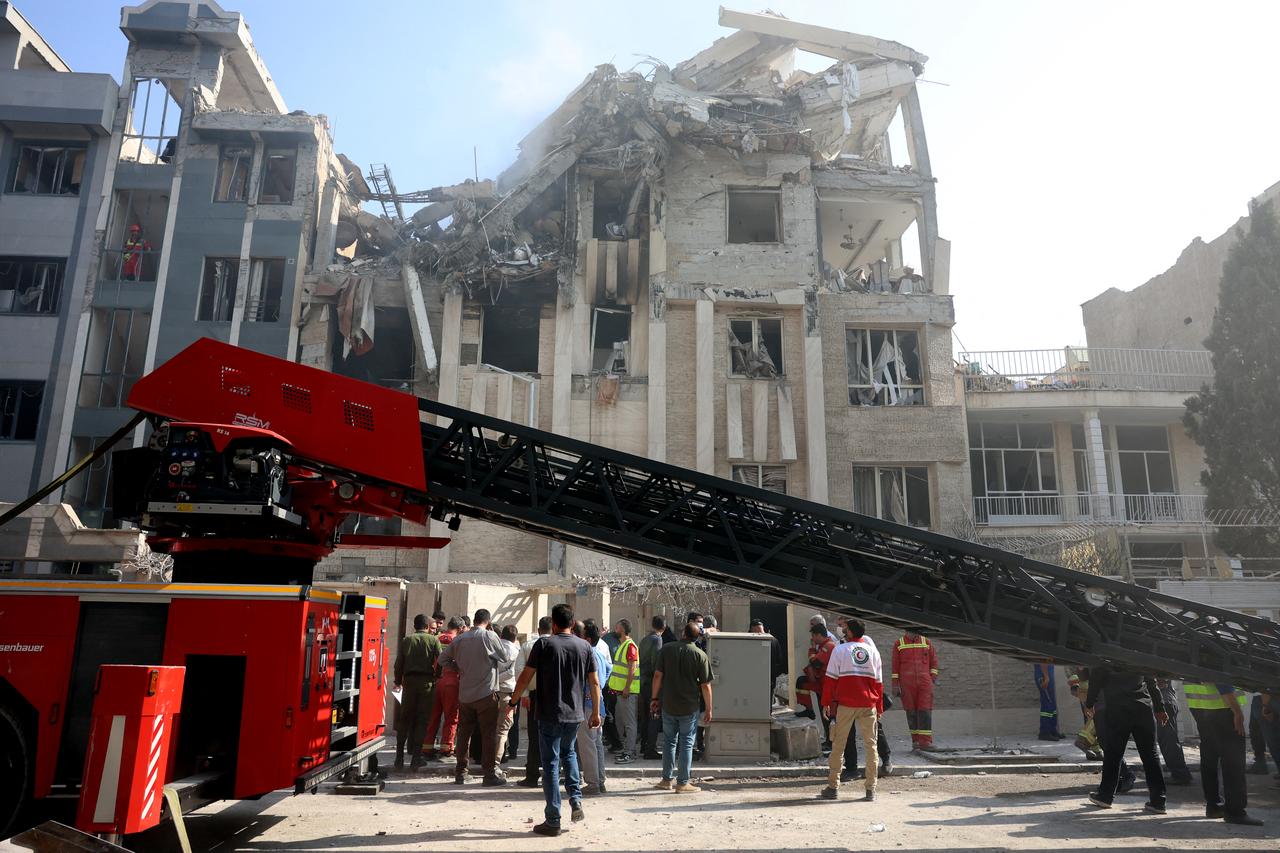
Türkiye's Foreign Ministry strongly condemned Israel's airstrikes on Iran, calling them a "provocation" that clearly violates international law.
"We condemn in the strongest terms Israel's air attack on Iran," the Foreign Ministry said in a statement titled "Regarding Israel's Attack on Iran."
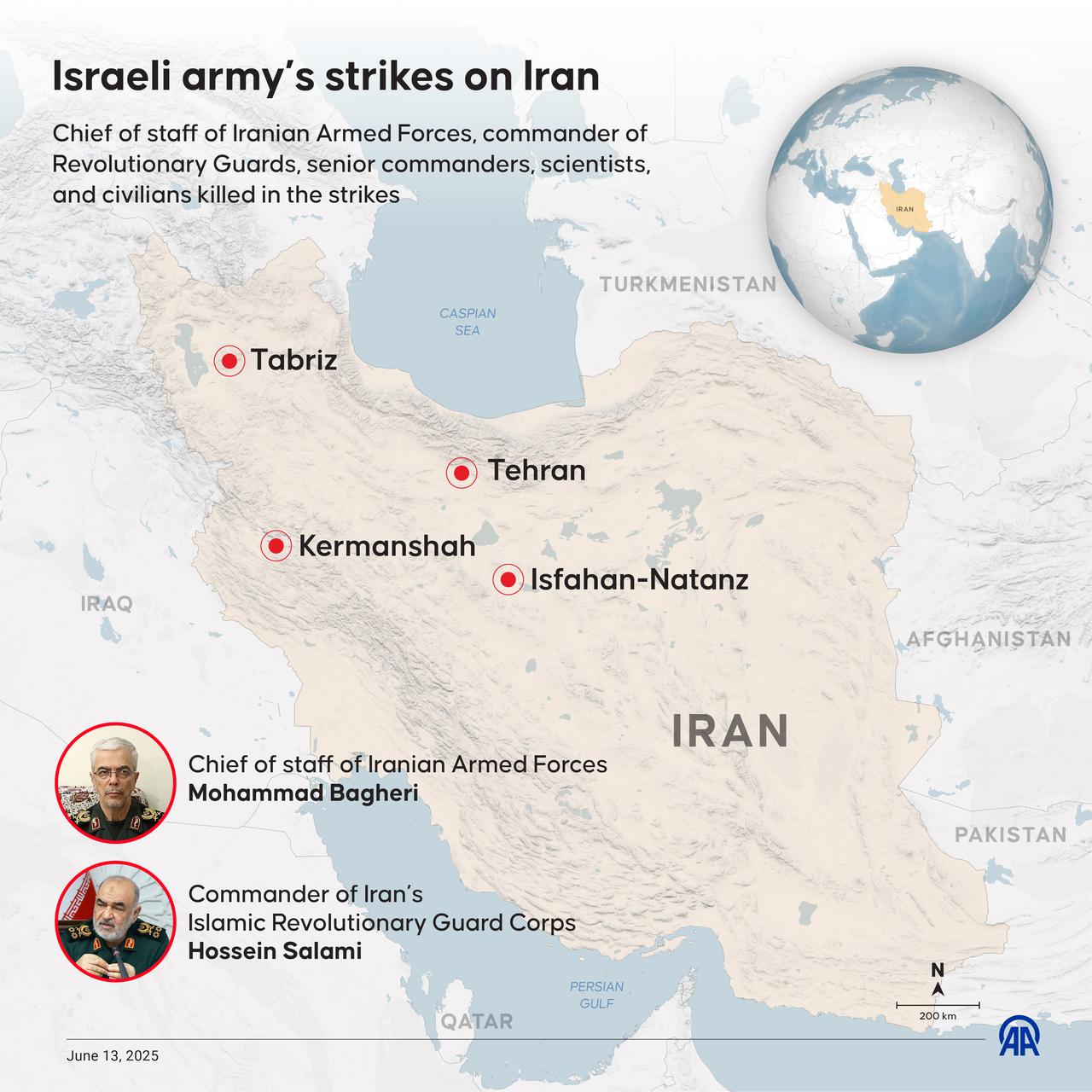
The Turkish ministry characterized the strikes as part of Israel's broader regional agenda.
"This attack, which clearly violates international law, is a provocation that serves Israel's strategic destabilization policy in the region," the statement said.
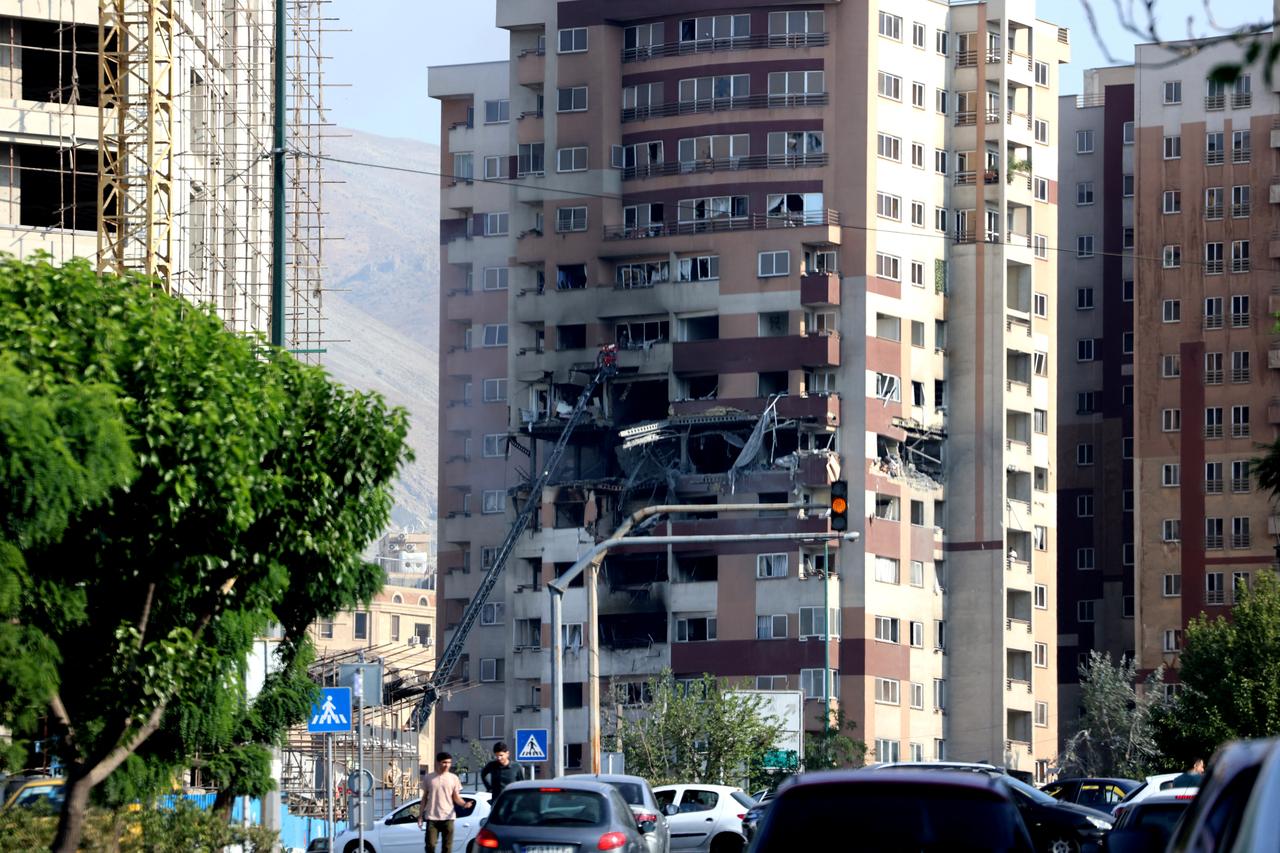
The Foreign Ministry emphasized that the attacks occurred during intensified negotiations regarding Iran's nuclear program.
"The fact that the attacks took place at a time when negotiations on Iran's nuclear program were intensifying shows that the Netanyahu government does not want any issue to be resolved through diplomatic means and does not hesitate to risk regional stability and global peace in line with its own interests," the statement added.
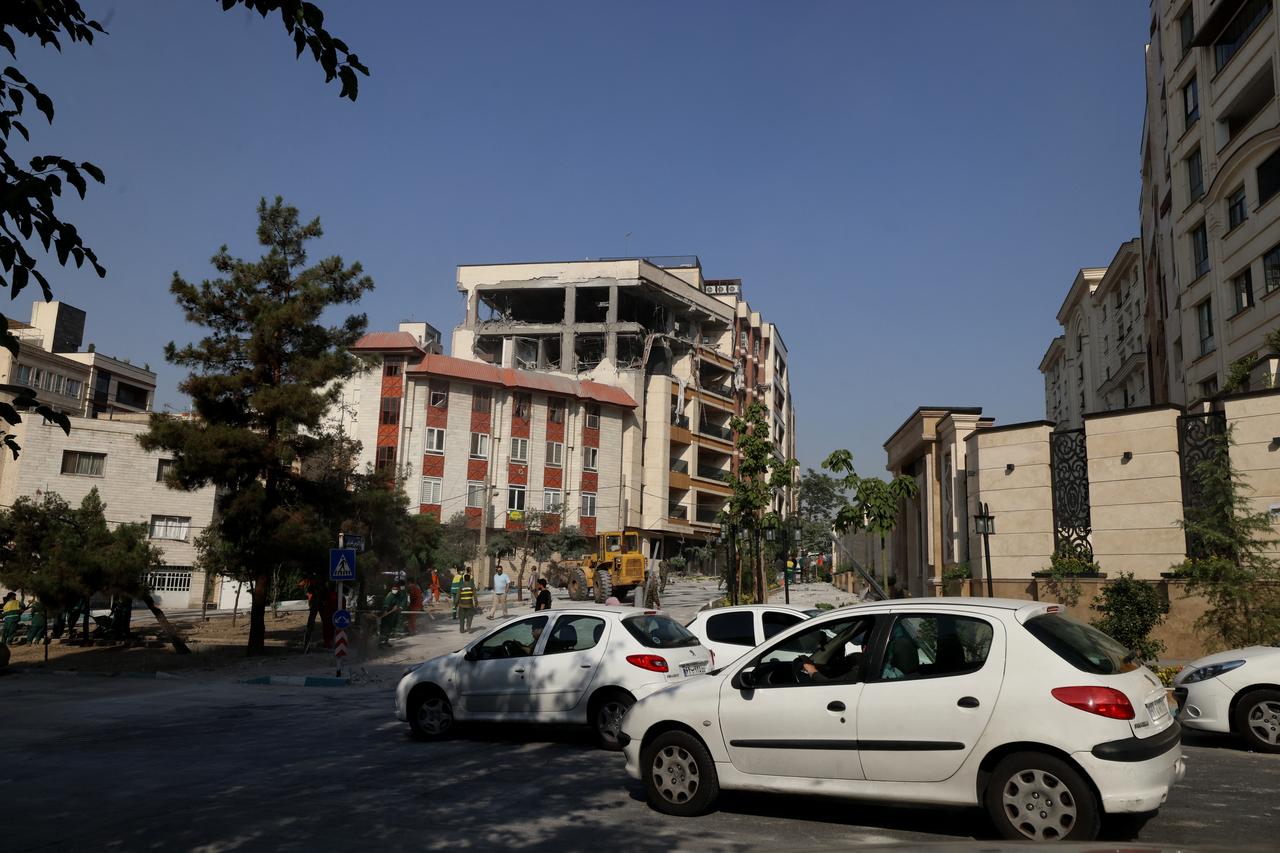
Türkiye called on Israel to immediately cease its aggressive actions and urged the international community to prevent further escalation.
"Israel must immediately end its aggressive actions that could lead to larger conflicts," the ministry said.
"We reiterate that we do not want to see more blood and destruction in the Middle East. We urgently call on the international community to take action to prevent the spread of war."
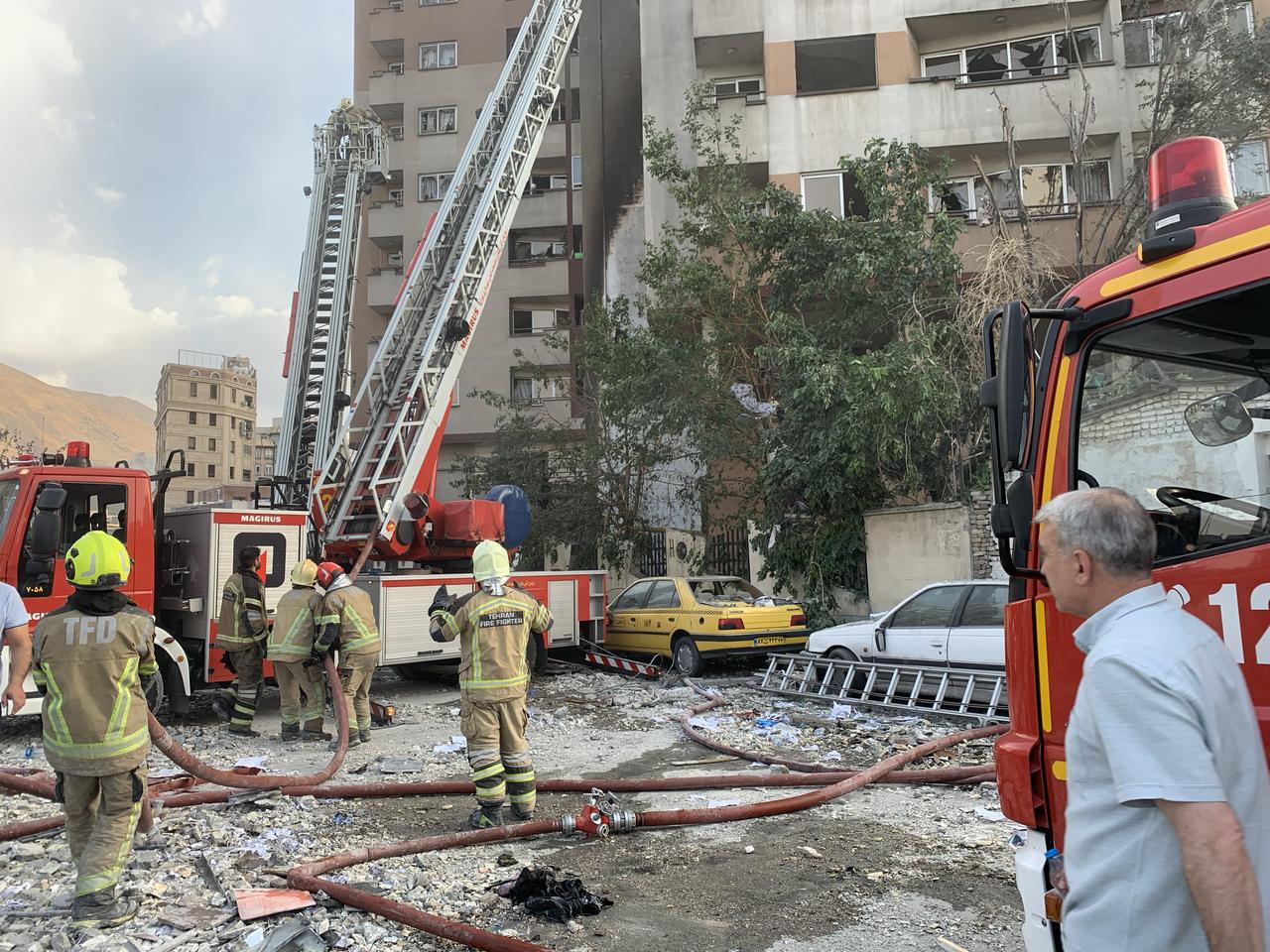
Turkish Vice President Cevdet Yilmaz also condemned the Israeli strikes, calling them aggression without legitimate justification.
"We condemn in the strongest terms the Netanyahu administration's aggression, which lacks legitimate justification and aims to disrupt regional stability," Yilmaz said in a social media statement.
Yilmaz expressed condolences to Iran for its losses and criticized the timing of the attacks.
"This attack, carried out while international pressure against the genocidal policies implemented in Gaza has increased and while nuclear negotiations with Iran continue, is a barbaric attitude that excludes humanitarian values and diplomacy," he said.
The Vice President called for stronger international response: "International institutions and all relevant countries should take a much stronger stance against the actions of the Israeli administration that threaten humanitarian values, law, and regional stability."
According to reports, Israeli strikes hit both strategic military targets and residential areas in Iran, killing key commanders and scientists.
The main targets included residences of high-ranking commanders of the Iranian Army and Revolutionary Guard Corps, as well as the Natanz Uranium Enrichment Facility, Iran's key enrichment facility, Iranian media reported.
The strikes, which began around 3 a.m. local time (11:30 p.m. GMT), killed several top Iranian officials, including Maj. Gen. Mohammad Bagheri, chief of staff of the Iranian Armed Forces, Gen. Hossein Salami, chief of the Islamic Revolutionary Guard Corps, and senior IRGC commander Gen. Gholam Ali Rashid.
Prominent Iranian nuclear scientists killed included Fereydoon Abbasi, Mohammad Mehdi Tehranchi, and Abdolhamid Minoucher. Abbasi, a former lawmaker, had previously survived a 2010 assassination attempt.